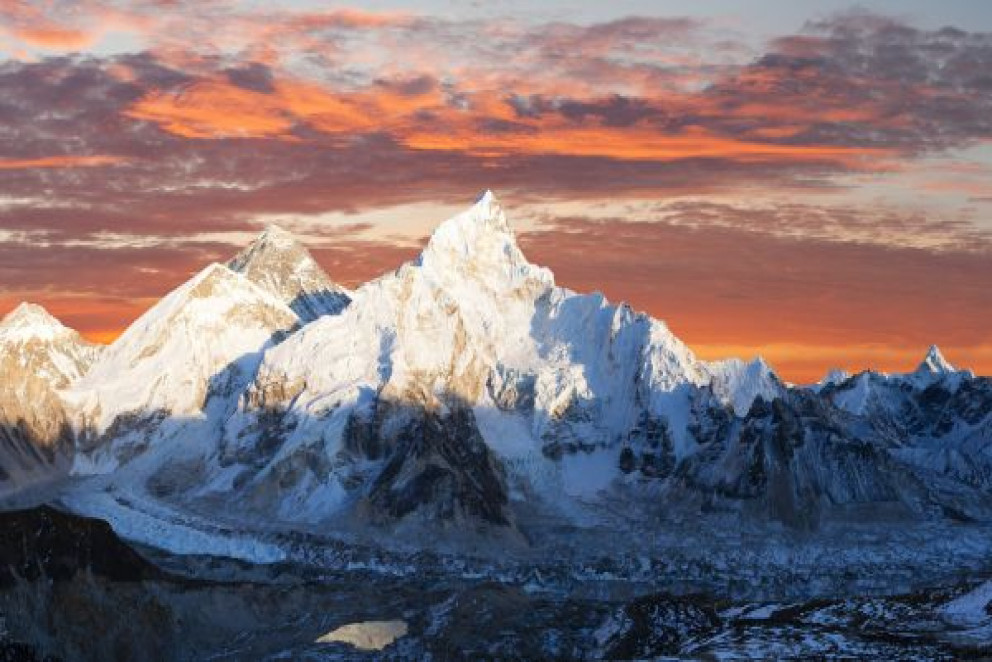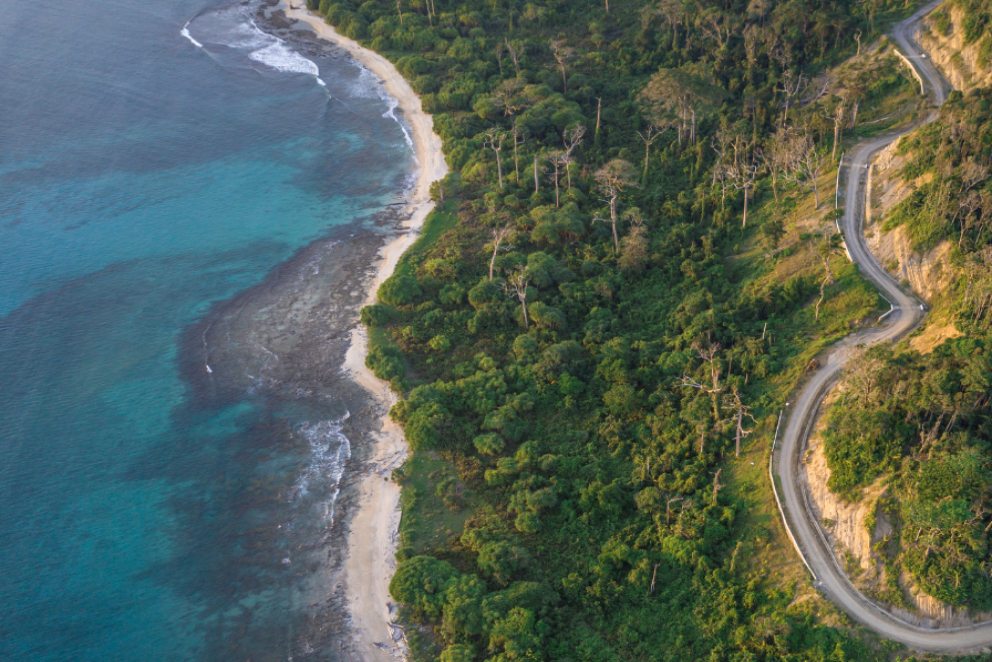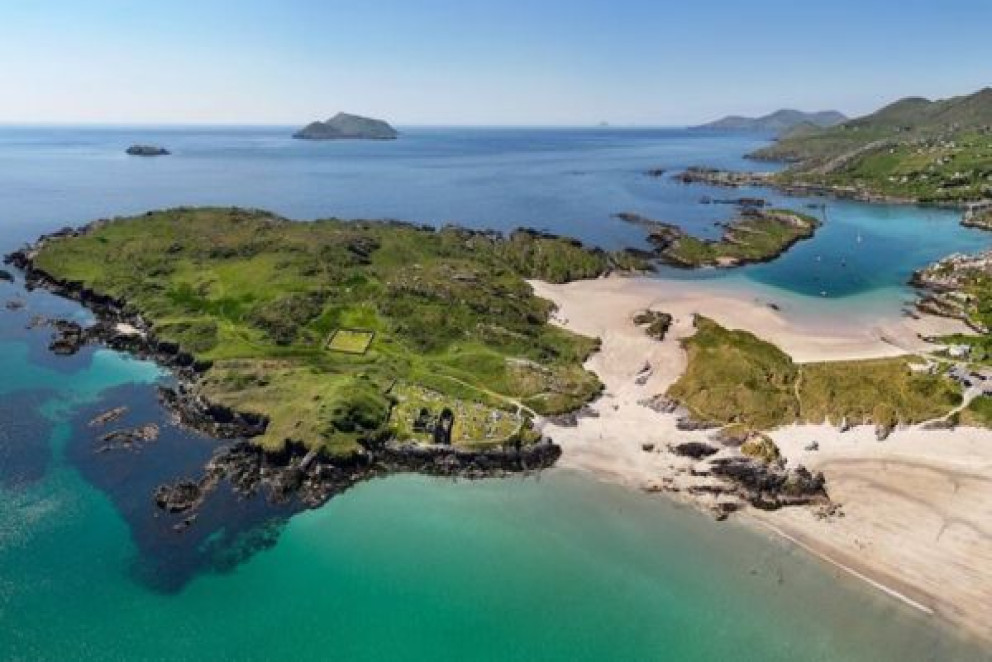Blog Details

Nepal expects around 500 mountaineers to scale Mount Everest this Spring climbing season
Nepal's expedition organizers say that the number of Everest permits issued for the spring climbing season may exceed expectations but a re-emergence of coronavirus infections, erratic weather and overcrowding caused by new climbers may ruin the season, the Kathmandu Post reported.According to the firms, booking trends and inquiries show that nearly 500 climbers may attempt to summit the world's highest peak this climbing season beginning in the second week of May.
Concerns over a possible repeat of the overcrowding seen on Everest in the past have also grown.
In 2021, Nepal's Department of Tourism issued a record 409 Everest permits. The number dropped to 325 in 2022 as the Russia-Ukraine war prevented potential climbers from Russia, Ukraine, Poland and some European countries from coming to Nepal, the Kathmandu Post reported.
"As China has created a new rule requiring its citizens to climb an 8,000-meter peak before making an attempt on Everest, Chinese climbers could come to Nepal in droves," said Mingma Sherpa, chairman of Seven Summit Treks, Nepal's largest expedition organizer.
"We expect the number of climbers to rise close to 500 this spring."
Seven Summit Treks says it has received confirmed bookings from more than 100 individuals.
On March 15, China lifted a three-year-old restriction and reallowed its citizens to visit Nepal. But Beijing has not opened Everest to foreign climbers for the fourth consecutive year.
Travel trade entrepreneurs say the revised policy during Nepal's trekking and mountaineering season could bring big business to Nepal's tourism industry, the Kathmandu Post reported.
Bigyan Koirala, an official at the mountaineering division of the Department of Tourism, said they also expect the number of climbers to grow to nearly 500.
"The number of Chinese climbers alone may cross 100 based on the current application trend," he said.
Hordes of adventurers are again plodding to the Khumbu region with fresh hopes, dreams and enthusiasm. They are spending millions of rupees to achieve their goals, but a question remains if climbing Everest will become safer this year.
Surya Prasad Upadhyay, director of the Department of Tourism, says they have constituted a nine-member committee to assist the climbers. The team will also monitor activities at the base camp, the Kathmandu Post reported.
"Besides the liaison officers, we will also send our members to base camp."
Upadhyay said the department was coordinating with the Meteorological Department to provide weather data.
"We have been assured that the department will give us weather information at least three days before the start of any climb."
A picture of a long line of mountaineers waiting to reach the summit in May 2019 went viral. Insiders say something like that may happen again this season.
"We cannot rule out traffic jams on Everest. It depends on the weather. If the good weather window is long, the queues on Everest will obviously be short," said Koirala.
"But to avoid long exposure at high altitudes, the expedition may implement a quota system--a fixed number of climbers on a particular day."
He says it has been left up to the expedition organisers to manage the crowds.
The Sagarmatha Pollution Control Committee, an agency authorised to fix ropes and ladders up to Camp 2 on Everest, said on its Facebook page that a team of its "icefall doctors" completed preparing the route from base camp through the Khumbu Icefall to Camp 2 on Thursday, the Kathmandu Post reported.
Imagine Nepal Trek and Expedition has won the bid to prepare the route from Camp 2 to the summit.
"Our route-fixing team leader Dawa Gyalje Sherpa headed towards base camp on April 5 to prepare the route," said Mingma G, managing director of Imagine Nepal Trek and Expedition.
"We have 30 confirmed bookings for Everest this spring, up from 12 last spring. We closed bookings in February," said Mingma G.
The Tourism Department had issued 178 permits to climb Everest as of April 7, collecting USD 1.84 million in fees.
Normally, permits are issued until April-end.
According to Mingma G, there could be a record number of climbers this season, but the weather pattern is not looking good. He says there has been continuous heavy snowfall on Annapurna and Manaslu even in the spring after a dry winter. Expedition organizers say fresh snow is dangerous, the Kathmandu Post reported.
Avalanches can happen anytime, but the risk is heightened when fresh new snow falls on top of an already compacted snow base. The newer snow becomes unstable, triggering an avalanche.
"Last Monday, winds blew away tents at Everest base camp. The weather has not been behaving well right from the beginning of the climbing season," said Mingma G.
Kami Rita Sherpa, who plans to climb Everest for the 27th time this season and break his previous record, said, "As there is still a month left for commercial climbing to begin on Everest, we hope the snowfall will not be a bother."
"Obviously, it's risky. There could be avalanches if snow falls on the mountain when the expedition is taking place," said Kami Rita, who is leading a Chinese team this May.
There are also concerns about Covid, which is spreading.
On April 1, the Nepal Tourism Board issued a rule requiring trekkers to be accompanied by a guide. But local authorities in the Everest region have not implemented the rule, and hordes of trekkers have been visiting the Khumbu area on their own, the Kathmandu Post reported.
An Everest climbing permit costs USD 11,000 for foreigners and Rs75,000 for Nepalis. Climbers pay between USD 50,000 and USD 90,000 to climb Everest. An experienced climbing guide makes as much as USD 12,000 during the 45-day Everest season, where the good weather window is normally available for two weeks in a year.
A normal or beginner guide earns USD 7,000 per season, while high-altitude porters earn up to USD 4,000 per season. Even the income of a porter is five times greater than the average income of Nepalis.
Source: Hindustan Times



